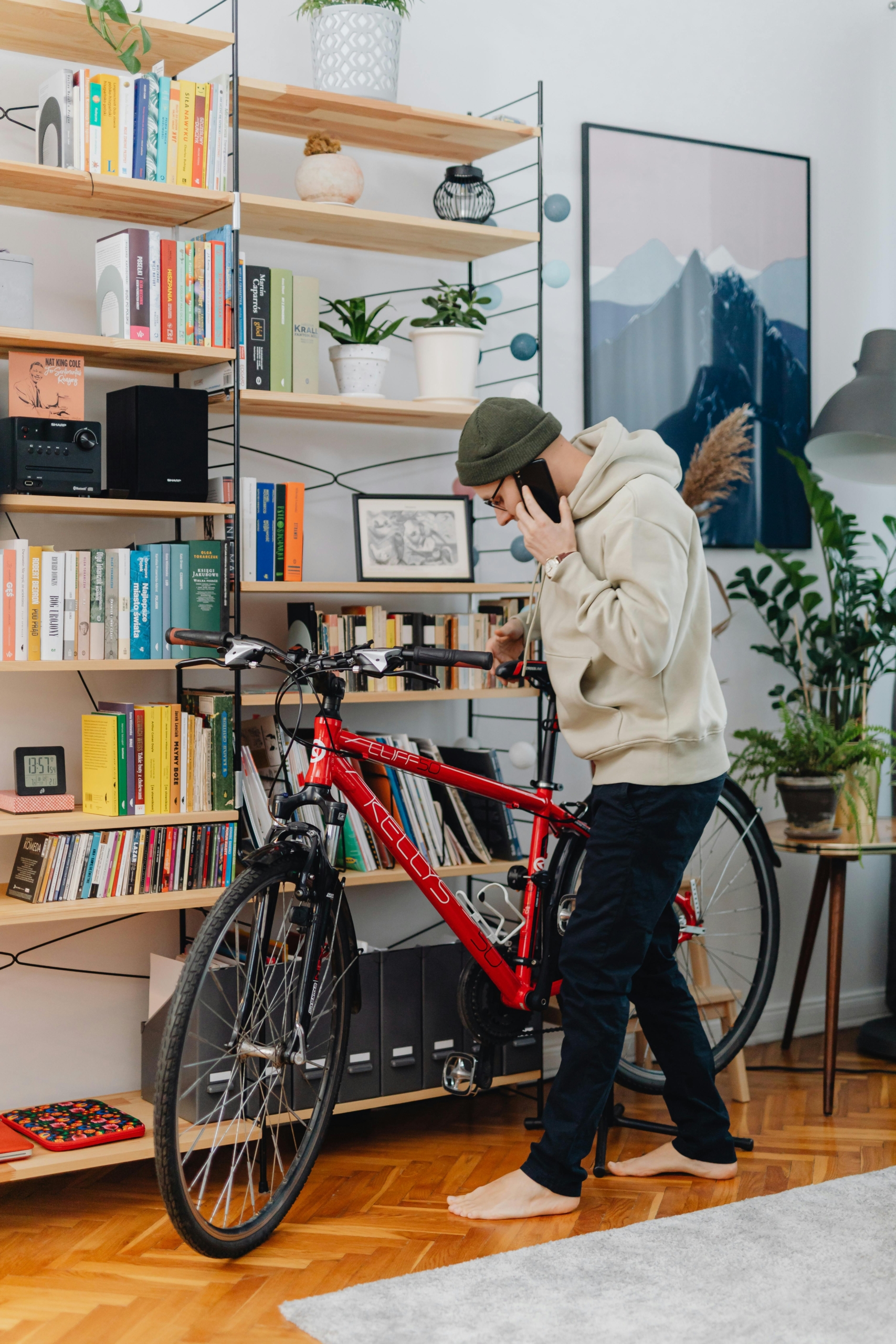Our accommodation services are provided by ILAC –
International Language Academy of Canada
ILAC’s Accommodation Department will provide you with several housing options that fit your
profile and lifestyle and support you before and during your stay at one of our homestays or residences.
SELF-ARRANGED ACCOMMODATION
Planning to find your own accommodation? Living on your own in a new country can be an overwhelming experience, with many new rules, responsibilities and terminology involved. Here are some important links for new renters:
Make sure you know your rights
Review information on renting in Canada, tenancy agreements, tenants’ rights, and dealing with landlords.
- Residential Tenancy Act: These are the rules for landlords and tenants in residential tenancies.
- Know your rights and responsibilities when Starting a Tenancy, During a Tenancy and Ending a Tenancy.
- Solving problems: Sometimes problems can occur when renting a home. Explore your options to resolving problems.
- Avoid Scams
Rights, advocacy support and general information:
Finding a place
The following sites are provided as a resource for students. ILAC IC does not endorse them or their rental listings.
- Liv.rent
- Rentsline
- Craigslist
- Apartment Love
- PadMapper
- Rentseeker.ca
- Sparrow
- RentRadar
- Older buildings can often have bed bugs. Check to see if there are bed bugs in your neighborhood of interest by reviewing the bed bug registry map.
Neighborhood Guides
Be sure to research your neighborhood, including nearby transit routes, local amenities (grocery stores, laundromats, restaurants), and consider cost of living factors.
Cost of Living & Average Rents
Although the current average asking price for rental housing is challenging to determine, several rental listing websites offer rent reports for the Vancouver market based on active listings on their websites. Rents vary for furnished and unfurnished apartments.
Additional costs
Additional costs of renting an apartment can include:
- Utilities (e.g., heat, water, electricity)
- Internet
- Cable TV
- Security deposit (one-time cost)
- Pet deposit (one-time cost)
- Apartment furnishings
- Laundry
- Parking
- Renter’s insurance

After you find a place
Inspection
- Before signing a tenancy agreement, inspect the unit (or have someone you trust inspect it for you). Make sure appliances and taps work and that there are locks on all the doors.
Deposit and documentation
- Get details of your tenancy agreement (also called a lease or rental agreement) in writing.
- Take photos to document any existing damage or repairs needed before you move in. If the landlord says something will be repaired or cleaned before you move in, write this down in the agreement.
- Make sure both you and your landlord have a copy of all the agreements you have signed. If you make any changes to the documents, both you and your landlord should initial next to each change.
- Prove that you paid. Pay by cheque or money order or get a receipt if you pay in cash.
- A tenancy agreement should always outline the terms, conditions and duration of the rental agreement. It is important to review all 3 before signing.
- Tenancy agreementsare typically one year or two years. Some short-term tenancy agreements are usually three-month or six-month terms. Typically, when a fixed-term tenancy agreement in BC ends, it automatically turns into a month-to-month tenancy agreement that has no end date.
Set up utilities
Most tenants need to contact BC Hydro to set up electricity and a communications company for TV, phone, and Internet service.


